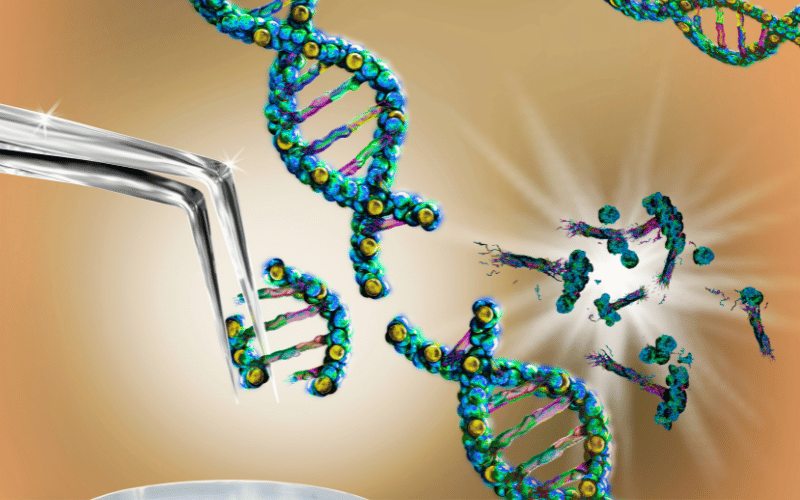Introduction: Insights into Severe Congenital Neutropenia (SCN)
Severe Congenital Neutropenia, or SCN, is a rare medical condition. It’s characterized by a significant lack of neutrophils. These cells are vital for fighting infections.

This disorder, also known as Kostmann Syndrome, poses significant health risks. It often presents a challenge for both patients and healthcare providers.
Understanding SCN is crucial for effective management and treatment. This in-depth exploration aims to highlight key aspects of SCN. These insights are valuable for affected individuals, medical professionals, and researchers.
1. The Genetic Puzzle of SCN: A Deep Dive into its DNA Origins

SCN’s roots lie in genetic anomalies. The most common culprit is a mutation in the ELANE gene.
This gene is critical for neutrophil development. These mutations disrupt the normal formation of neutrophils.
As a result, patients with SCN face significant health challenges. Understanding these genetic factors is key. It helps in diagnosing SCN accurately. It also assists in managing its effects effectively.
SCN often follows familial patterns. This makes genetic counseling an essential aspect of managing the disorder.
Understanding the family’s genetic history helps in early detection. It can also aid in planning future family expansions. This knowledge is vital for families with a history of SCN. It guides them in making informed decisions about their health.
The genetic basis of SCN opens doors for innovative treatments. Researchers are exploring gene therapy as a potential cure. Such therapies could correct the underlying genetic defects. This would lead to a more effective and lasting solution for SCN. The promise of gene therapy brings hope to many affected by this condition.
Genetic testing plays a pivotal role in diagnosing SCN. It helps in confirming the presence of the ELANE gene mutation. This testing is crucial, especially for newborns with a family history of SCN. Early diagnosis through genetic testing can significantly improve treatment outcomes. It’s a cornerstone in the effective management of SCN. (1)